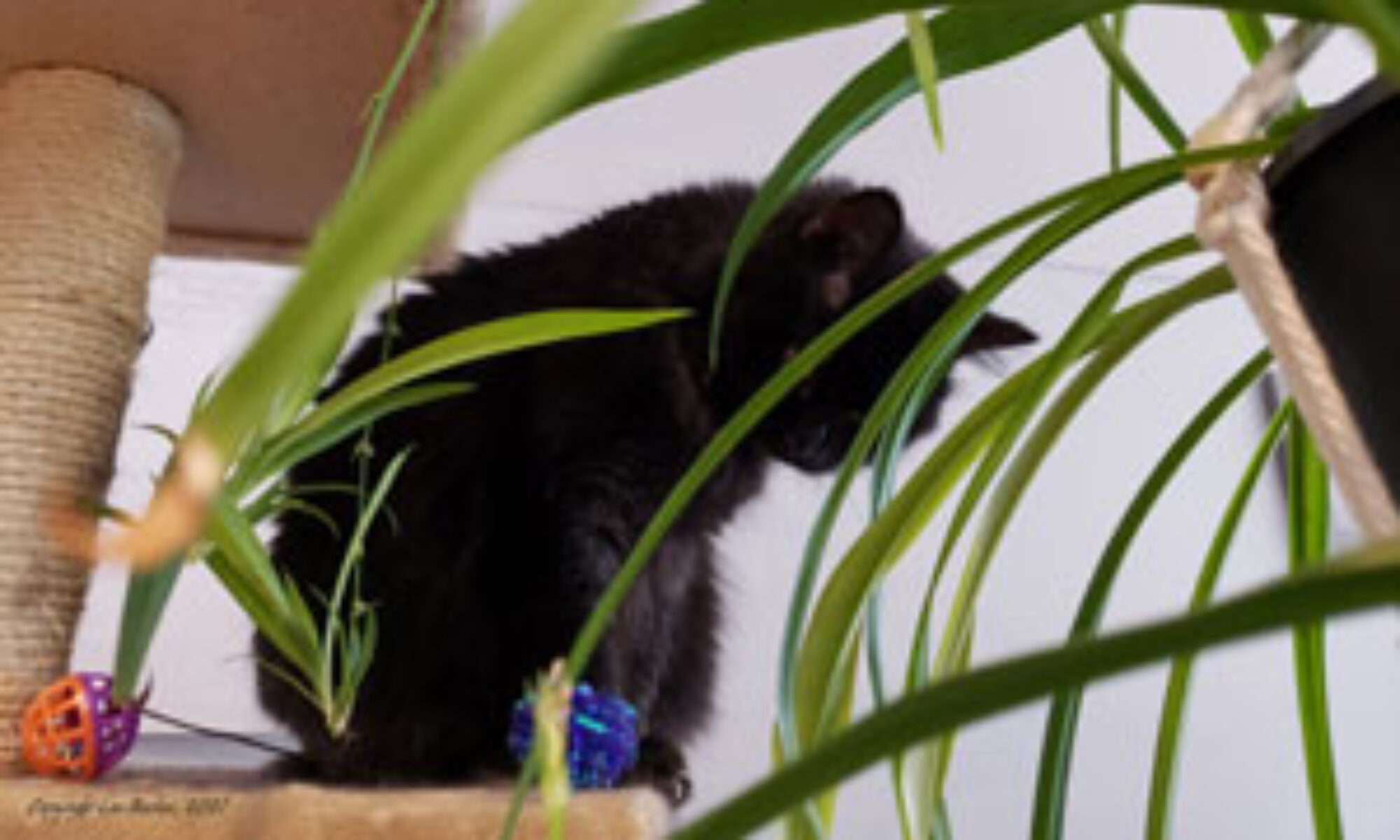
Hey, a picture is a picture, right? Ruby dug this out especially for me to post here. That’s her on the right, sitting behind her brother Rex, on their tricycle – doesn’t she look like a little devil? And I’ll bet Rex dropped Joycie on her head off that trike about 30 seconds after the shutter clicked. Not that he did drop her on her head – just that he probably did. Just sayin’.
Rex is the brother of Blackberry Summer fame. Ruby hadn’t told me much about Rex up to this point, so when she presented me with this photo, saying, “There. I wonder what that Mushy fella will say to that?”, I asked her about him.
Rex was about 18 months older than Ruby. She was about three in this photo, so he’d have been a little over…. five maybe? He had asthma and it plagued him all his life. When he was eight, it almost killed him because of a Scarlet Fever vaccination.
They didn’t have a doctor in Northland, so every year or so, one would come in by train and stay a few days, checking up on people and taking care of any emergencies that might crop up while he was there. The rest of the time, Northlanders most likely were doctored up by midwives, veterinarians, and God Himself.
On the last day of an annual visit, if there were any school kids of the right age, the doctor would innoculate them all one after another, just before he jumped back on the train out of there. The kids would all be lined up, and with the midwife assisting, the doctor would stick them all, assembly-line fashion, no questions asked, no names taken. Prick, prick, prick, prick, pack up and go home.
Rex had asthma, but the doctor didn’t know that, and he didn’t bother to ask. If he had bothered, he’d never have given him the shot. Five minutes after the doctor left for the station house (which, ironically, was where Rex’s dad was, being the section foreman, after all), Rex went into convulsions. The quick-thinking midwife scooped him up and ran for the station house, where the train was just pulling in, and Rex’s dad watched the doctor save his boy in the nick of time.
When I asked Ruby what the doctor did to save him, she said she hadn’t a clue, just that it had been close. She also laid dollars to donuts that the doctor never gave another shot without asking a kid’s history first.
Rex survived, though, and grew up to work for his dad on the railroad, which kept him employed until World War II. He tried to sign on, of course, but his asthma did that idea in. He ended up working as a time-keeper for a chain-gang of POWs for the duration of the war, at a camp further up the ACR.
The POWs he was in charge of were mostly Italians. The were a friendly bunch, and the Canadian government treated them very well. They may have been called a “chain-gang”, but not a one of them wore a chain. Where would they go if they ran? Into the Northern bush to starve or freeze to death? No, they weren’t that stupid. Better off where they were, where they were housed and fed fairly comfortably, considering, and each and every one of them worked hard, Rex said.
In the evenings, some of them built tiny little ships, with masts and sails that were squished magically through the necks of whiskey bottles and glued down. The masts, sails all furled up, would be stuck to the ship with rubber cement, and laid flat on the decks with little strings attached to the tops of them. The tiny dab of rubber cement stayed flexible long enough that when the whole works went through the bottle neck, the strings could be pulled gently and the masts would stand up straight and the sails would unfurl. Rex said it was a great thing to watch. By the end of the war, he owned three ships in bottles, and had them ’til he died.
A lot of those POWs applied to stay in Canada when the war was over. We must have been pretty decent people back then, I guess. Who would choose to stay here otherwise, and freeze for six to eight months of the year?
Random Song for the Day: “Belgium or Peru” – Cuff the Duke

